Circular 29/2024/TT-BG&DT (Circular 29) of the Ministry of Education and Training regulating extra teaching and learning officially took effect from February 14. Thus, teachers who teach extra classes at home are required to register their business. However, what teachers and many people wonder about is how to pay taxes after registering their business?
Teachers proactively register to start a tutoring business
In reality, many teachers who registered to do extra teaching had to stop because they were stuck with the regulation "Teachers at public schools are not allowed to participate in the management and operation of extra teaching outside of school but can participate in extra teaching outside of school" in Circular 29/2024/TT-BGDDT. And in order to avoid interruption in extra teaching and learning activities, teachers have also proactively researched and asked someone to register their business establishments or business households. However, how to apply for a license to teach extra to ensure compliance with the law, as well as the rights of teachers, is a hot issue.
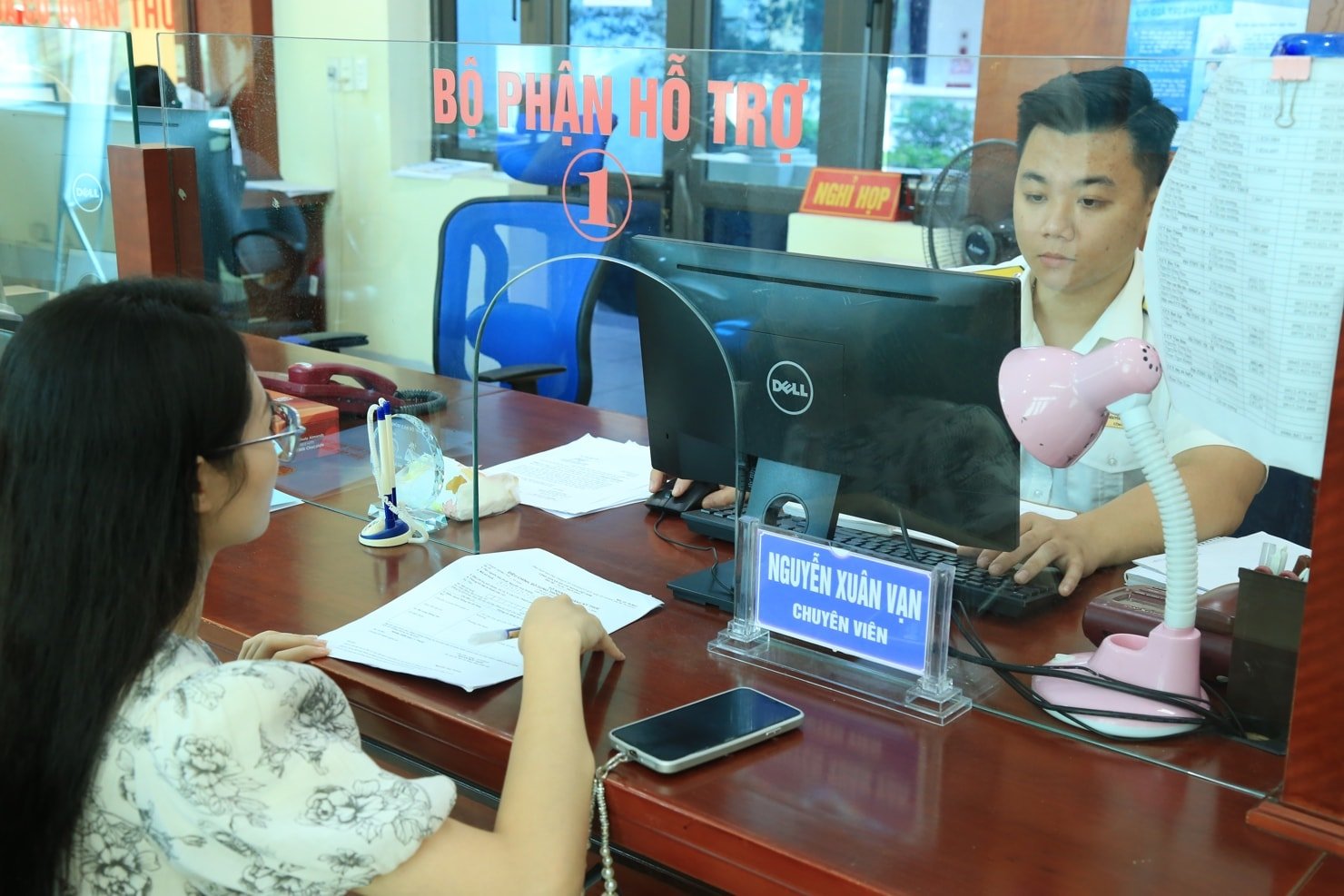
Also according to Circular No. 29/2024/TT-BGDDT, to be able to register for extra teaching, teachers need to register their business, publicize, post information and report to the head of the school about the content of registration for extra teaching and learning. Regarding business registration, it is possible to register in the form of a business household or other types of enterprises as prescribed in the Law on Enterprises.
Mr. Nguyen Bach (Vinh city - Nghe An) whose wife is an English teacher at Vinh city high school shared that on February 18, he proactively asked someone to submit the application for establishing a business household, then he was instructed that he needed to complete a few more types of documents to be eligible.
“The need for extra teaching and learning is quite large. In addition to students in general, when relatives have children or grandchildren who want to entrust them with knowledge. Or teachers' children also send them to be taught. Therefore, if it is not convenient for my wife to teach at the centers, he and his wife decided to register to teach extra according to Circular 29,” said Mr. Bach.
Ms. Nhat Anh - a math teacher at a private secondary school in Bac Tu Liem district, Hanoi shared that she chose to teach extra classes for the center. The reason given by Ms. Nhat Anh is that in private schools, the number of students attending extra classes is also small. Not to mention that her family does not have a large enough facility to open a direct teaching class. "I chose to teach extra classes for the center so that there would be no problems. The center will calculate the procedures and tuition fees," Ms. Nhat Anh shared.
Information from some localities such as Hai Phong, Ha Tinh, Hanoi... shows that after February 14, the number of business registration applications in the education sector has increased.
According to Deputy Minister of Education and Training Pham Ngoc Thuong, the demand for extra teaching and learning is currently very high, but this is a complicated activity, both inside and outside of schools. The Ministry of Education and Training issued Circular 29 to tighten management of this field, not to prohibit teachers from giving extra teaching, only to prohibit improper extra teaching activities. "Managing extra teaching and learning is not only a policy issue but also a change in social awareness," said Mr. Thuong.
How to pay taxes?
According to Circular 29/2024/TT-BGDDT on extra-curricular teaching and learning, effective from February 14, 2025, organizations or individuals organizing extra-curricular teaching and learning activities outside of school that collect fees from students (collectively referred to as extra-curricular teaching establishments) must register their business in accordance with the provisions of law. The level of extra-curricular tuition fees outside of school is agreed upon between parents, students and the extra-curricular teaching establishments. The collection, management and use of extra-curricular tuition fees shall comply with the provisions of law on finance, budget, assets, accounting, taxes and other relevant regulations.
Returning to the story of Mr. Nguyen Bach in Vinh city, Nghe An, he said that when he went to find out information, if he was granted a teaching license, he would have to pay the annual license fee, but how to pay personal income tax was not clear. "I am wondering what is the basis for calculating revenue to pay personal income tax (PIT)" - Mr. Nguyen Bach asked.
And Mr. Nguyen Bach's concern is also the feeling of many teachers who ask relatives or register their own business to organize extra teaching and learning.
Sharing about this issue, Mr. Nguyen Van Duoc, General Director of Trong Tin Accounting and Tax Consulting Company Limited, said that tutoring activities are essentially business activities and must pay taxes.
According to Mr. Duoc, if registering to establish a business household, teachers will apply for a license from the People's Committee of the district where the business household is located. If establishing a company or enterprise, teachers will register to establish the company and this license will be granted by the Department of Planning and Investment, except for cases where they are not allowed to contribute capital, establish, or manage an enterprise according to regulations.
Regarding business household registration, Mr. Duoc said that business household owners will have to go to the tax office to register and declare taxes with localities that do not have connectivity, in other cases they must declare and pay taxes. "It is most convenient for business households to pay taxes in the form of lump-sum tax," Mr. Duoc said.
According to current regulations, the basis for calculating tax for households paying lump-sum tax is taxable revenue and tax rate calculated on revenue. Taxable revenue is revenue including tax (in case of taxable cases) of all sales, processing fees, commissions, and service provision fees arising during the tax period from production and trading activities of goods and services. Accordingly, revenue from tutoring is all tuition fees and other related revenues...
Business households and business individuals with revenue from production and business activities in a calendar year of VND 100 million or less are not required to pay value added tax (VAT) and personal income tax according to the provisions of the law on VAT and personal income tax. Business households and business individuals are responsible for declaring taxes accurately, honestly, and completely and submitting tax records on time; and are responsible before the law for the accuracy, honesty, and completeness of tax records according to regulations.
However, according to Mr. Nguyen Van Duoc, if the tutoring and extra-curricular activities meet the conditions prescribed by the Law on Education, they will not be subject to VAT, but tutoring businesses will be subject to personal income tax. The personal income tax rate for the education sector is 2%.
For business license tax, business households paying tax by lump-sum method do not have to declare business license fee because they are notified of lump-sum tax by the tax authority.
In the case where teachers do not directly open a business or enterprise to organize extra classes but participate in extra classes through other organizations to receive wages and salaries, Mr. Duoc said that in the above case, personal income tax must be paid from wages and salaries and added to the total income of teachers at schools and finalized at the end of the year according to regulations.
From January 1, 2026, the tax threshold for business households and individuals is 200 million VND or more. Business households and individuals with revenue from production and business activities that are subject to VAT and personal income tax are calculated according to the following formula:
VAT payable = VAT taxable revenue x VAT rate.
Personal income tax payable = Taxable revenue x Personal income tax rate
Source: https://daidoanket.vn/day-them-dong-thue-nhu-the-nao-10300377.html



![[Photo] Binh Thuan organizes many special festivals on the occasion of April 30 and May 1](https://vphoto.vietnam.vn/thumb/1200x675/vietnam/resource/IMAGE/2025/5/1/5180af1d979642468ef6a3a9755d8d51)

![[Photo] Ha Giang: Many key projects under construction during the holiday season](https://vphoto.vietnam.vn/thumb/1200x675/vietnam/resource/IMAGE/2025/5/1/8b8d87a9bd9b4d279bf5c1f71c030dec)


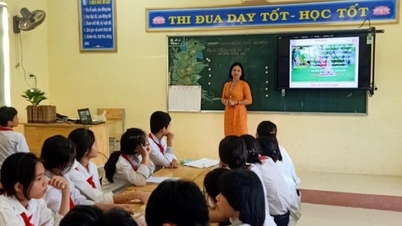


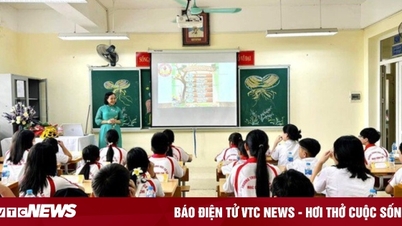

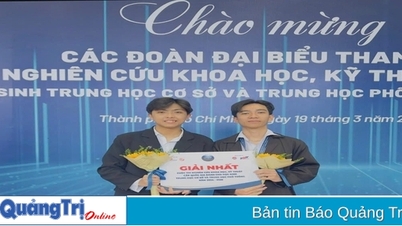

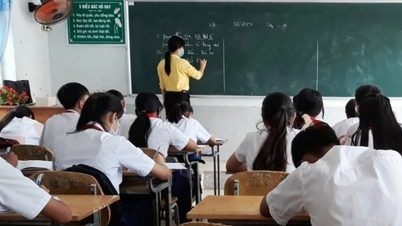


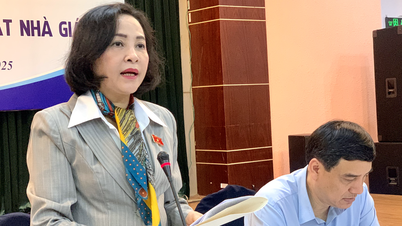

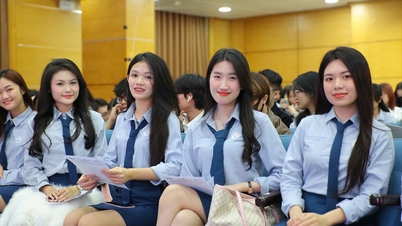
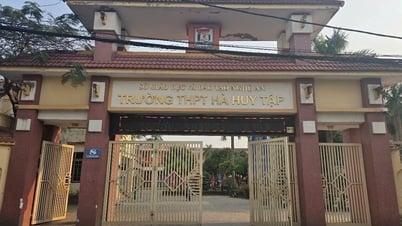
![[Video] Many major universities expand campuses in provinces bordering Hanoi](https://vphoto.vietnam.vn/thumb/402x226/vietnam/resource/IMAGE/2025/3/27/c26ca8376b854ad585d07c208c578345)
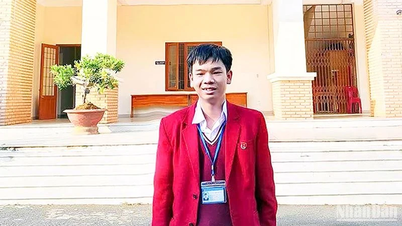





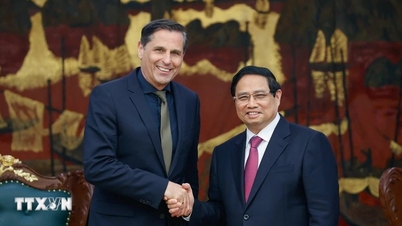



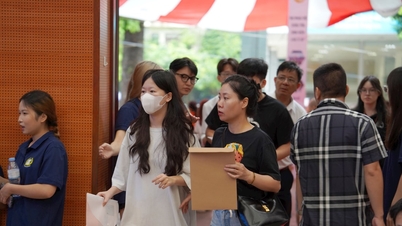

![[Photo] Feast your eyes on images of parades and marching groups seen from above](https://vphoto.vietnam.vn/thumb/1200x675/vietnam/resource/IMAGE/2025/4/30/3525302266124e69819126aa93c41092)



































































Comment (0)